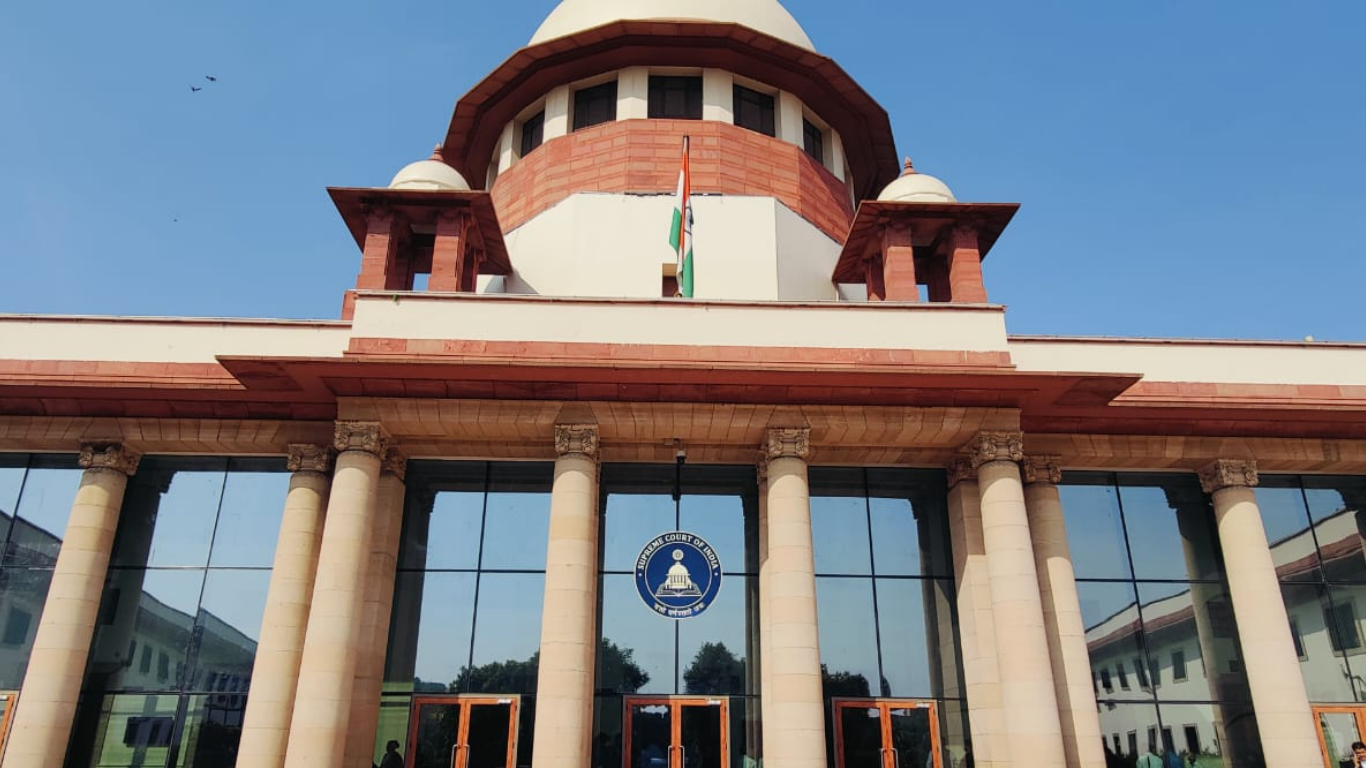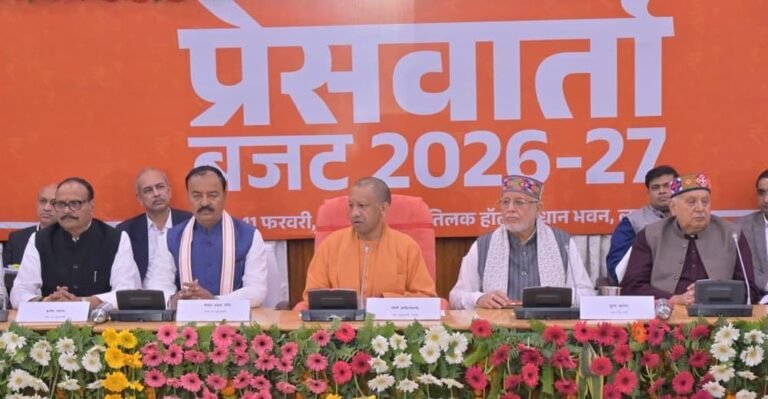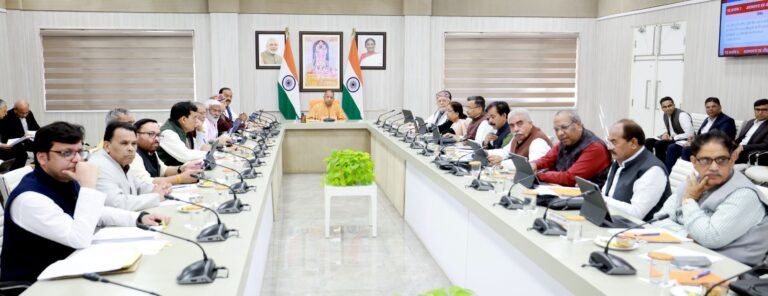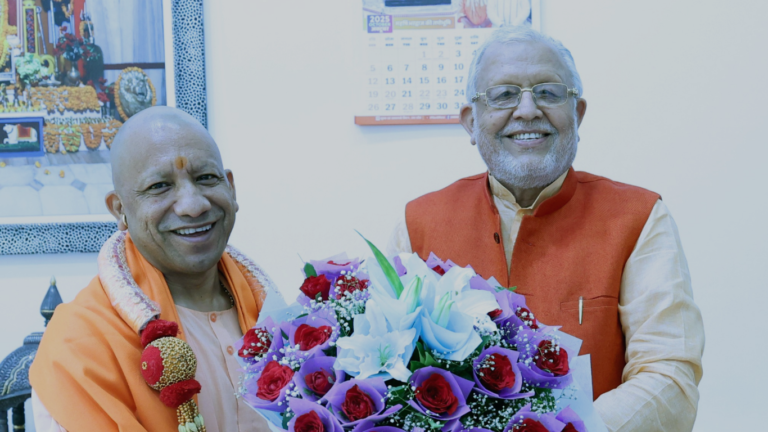
Vrindavan, Uttar Pradesh, August 6, 2025 – The Uttar Pradesh government faced tough questions from the Supreme Court this week over its recent ordinance to take over the management of the historic Bankey Bihari Temple in Vrindavan, Mathura. The Shri Bankey Bihari Ji Temple Trust Ordinance, 2025, has sparked debate, with temple caretakers and devotees challenging its intentions. Here’s the latest on this unfolding story.
On Tuesday, August 5, the UP government told the Supreme Court that the ordinance aims to improve the temple’s administration, not interfere with its religious practices. Additional Solicitor General KM Nataraj, representing the state, explained that the ordinance was prompted by a public interest case in the Allahabad High Court, which called for better management of the temple. “This is about making things better for the lakhs of devotees who visit every week,” Nataraj said, noting the temple’s massive footfall of 2-3 lakh people weekly. The state clarified that the ordinance focuses only on secular aspects, like crowd control and facilities, and will soon go to the Legislative Assembly for approval.
The Supreme Court, led by Justices Surya Kant and Joymalya Bagchi, wasn’t fully convinced. On Monday, August 4, the court had criticized the state for acting in a “tearing hurry” and in a “clandestine manner” to pass the ordinance. The bench questioned why the government rushed to take control without consulting the temple’s traditional caretakers, the Goswami community, who have managed the temple for centuries. The court also raised concerns about a May 15 ruling, where it had allowed the state to use temple funds for a corridor project without hearing the temple management. That decision is now under review, with the court considering recalling it.
The ordinance creates a statutory trust, the Shri Banke Bihari Ji Mandir Nyas, to oversee the temple’s administration. It includes 11 nominated trustees, with up to seven being government officials, all required to follow Sanatan Dharma. However, the temple’s management committee, represented by senior advocates like Kapil Sibal and Shyam Divan, argues that this move sidelines the Goswamis, who have hereditary rights to manage the temple. They call the ordinance an overreach, with some labeling it unconstitutional.
To address the dispute, the Supreme Court suggested forming an interim committee led by a retired High Court judge to manage the temple until the Allahabad High Court decides the ordinance’s legality. The court has asked both sides to submit proposals by August 8, emphasizing fairness and the welfare of devotees. “Temple funds are for pilgrims, not private pockets,” Justice Kant remarked, highlighting the need for transparency.
The case has stirred emotions among devotees, with many hoping for a resolution that respects tradition while improving facilities. The next hearing is set for August 8, and all eyes are on how this balance will be struck.



